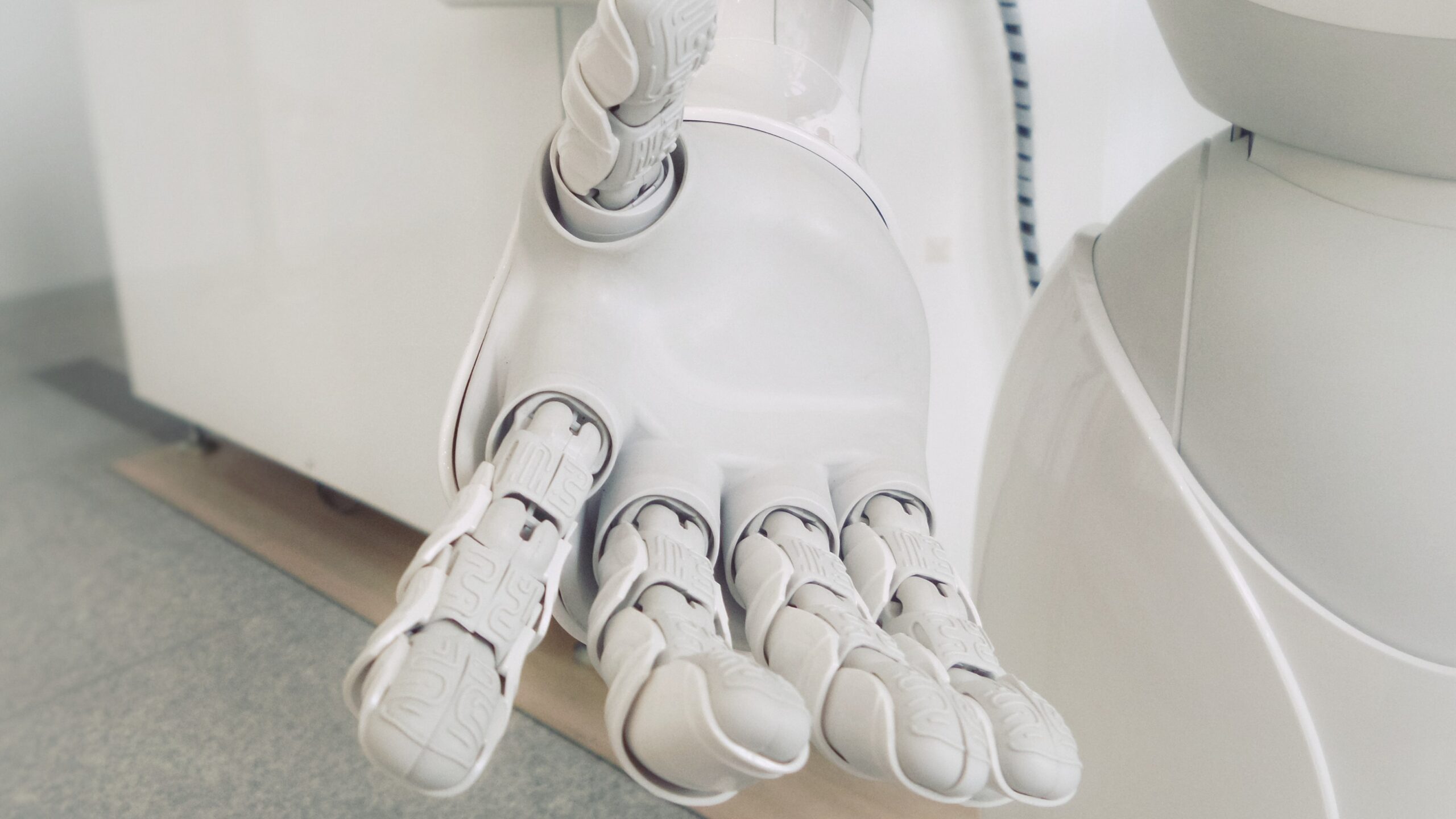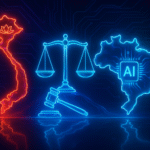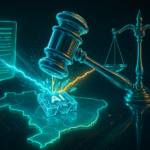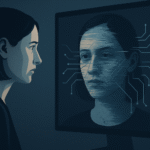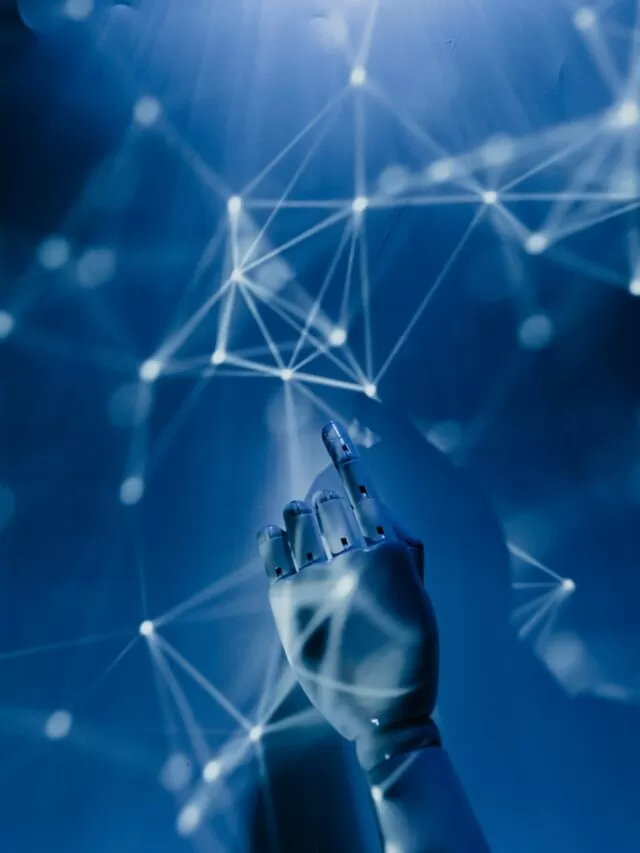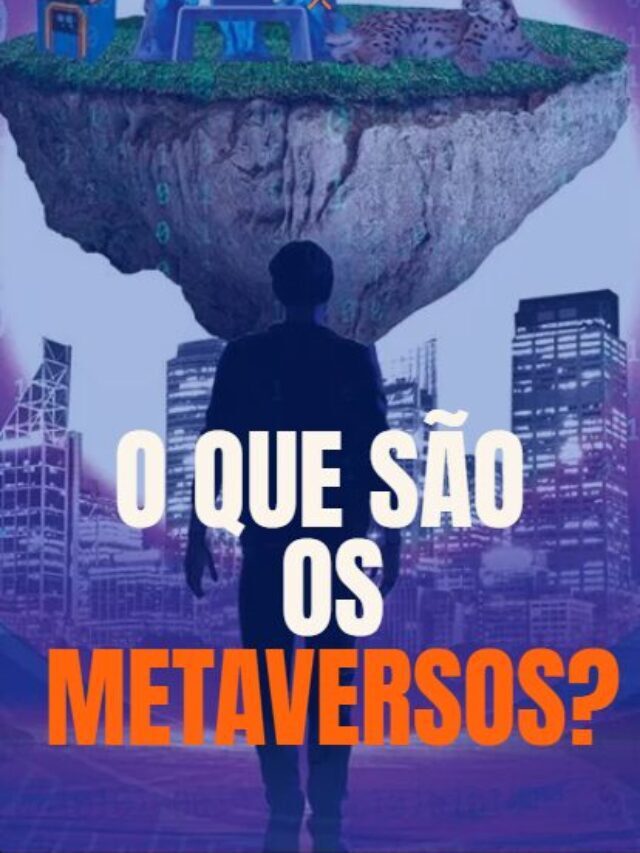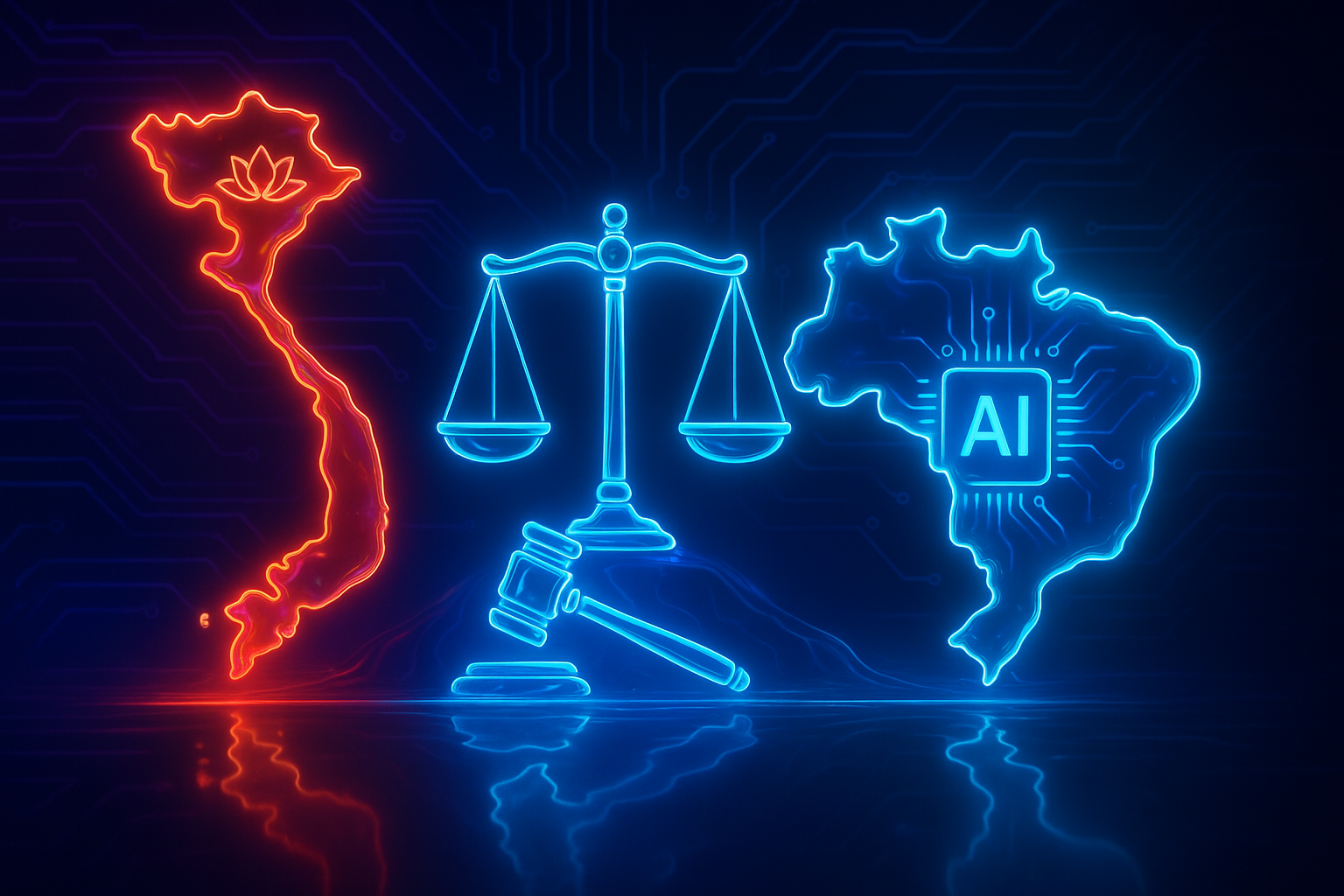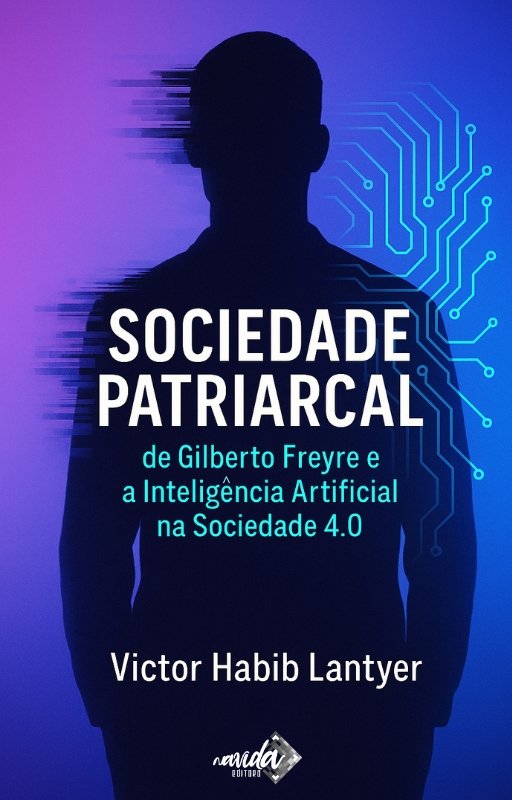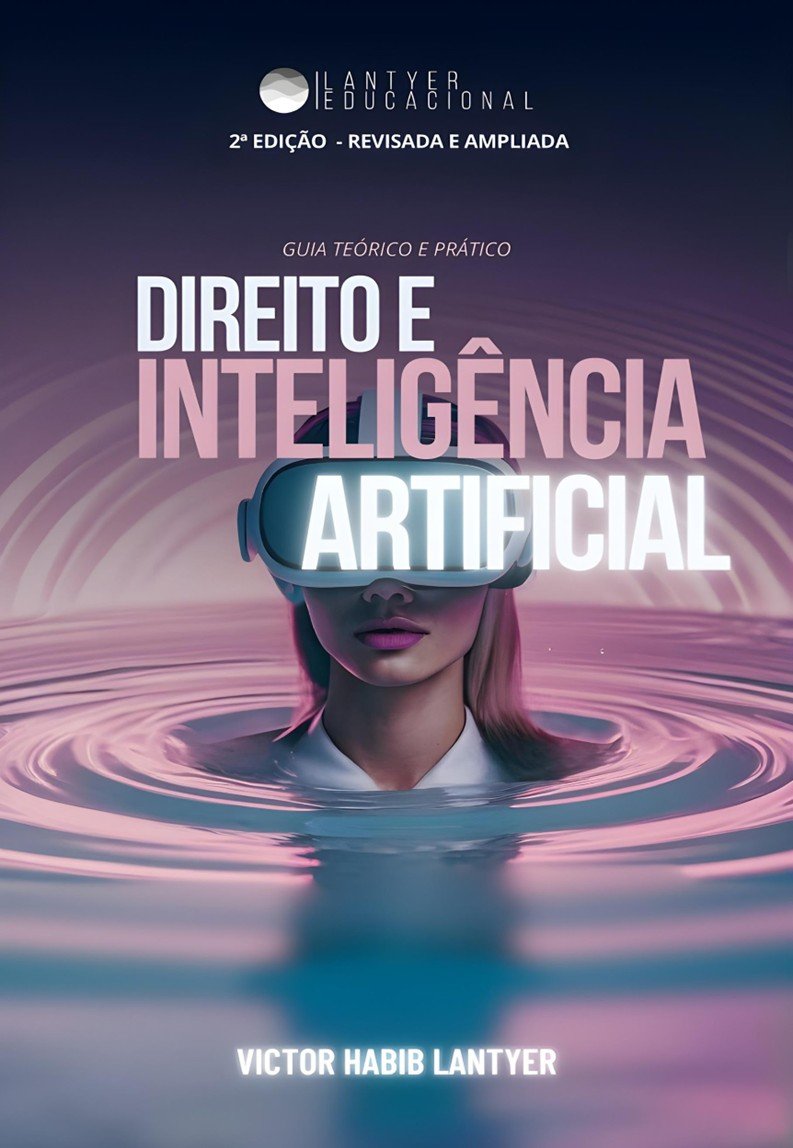In the Brazilian justice system, two notable technological innovation initiatives stand out. The Federal Supreme Court (STF) and the Court of Justice of the State of Goiás (TJGO) are implementing advanced artificial intelligence (AI) systems to optimize the processing of court cases.
The Supreme Federal Court (STF) launched a public call for the implementation of AI solutions capable of summarizing court proceedings while preserving their essential information. This initiative seeks to improve services provided to Brazilian society, as highlighted by Supreme Federal Court Chief Justice Luís Roberto Barroso. The idea is to enable the preparation of case summaries immediately after their filing, under judicial supervision, streamlining their visualization and analysis.
Meanwhile, the TJGO introduced the Electronic Search in Records using Natural Language (BERNA), an AI program that identifies and unifies identical lawsuits. This tool was designed to prevent predatory use of jurisdiction and guarantee the principle of natural justice. The system, which reads initial petitions and checks for similarities for possible grouping and block judgment, has already been adopted by six other state courts, demonstrating its impact and effectiveness.

Artificial intelligence
Berna is also able to review initial petitions in just four hours, even on weekends and holidays, a significant improvement over the previous process, which took days. This advancement represents a major step forward in judicial efficiency, reducing wait times and increasing judge productivity.
Both initiatives reflect a growing trend toward digitalization and the use of advanced technology in the Brazilian judiciary. Both the Supreme Federal Court (STF) and the State Court of Justice (TJGO) are at the forefront of this transformation, aiming to provide faster, more efficient, and more accessible justice to citizens.
These measures, while promoting the modernization of the judicial system, guarantee the humanization of decision-making, ensuring that, despite AI assistance, final decisions remain in the hands of judges. Thus, technology acts as a tool to improve the quality of judicial services, without replacing essential human judgment.
- The Meta Wall: Banning ChatGPT to Crown 'Meta AI' on WhatsApp

- Digital ECA and the New Legal Architecture for Minors in the Digital Environment: A Complete Guide

- Artificial Intelligence Regulation in Vietnam: A Mirror for Brazil's Challenges

- Folha vs. OpenAI: The Battle for Copyright in the Age of AI Comes to Brazil

- Law 15.123/2025 and deepfake: a new milestone in psychological violence with AI

